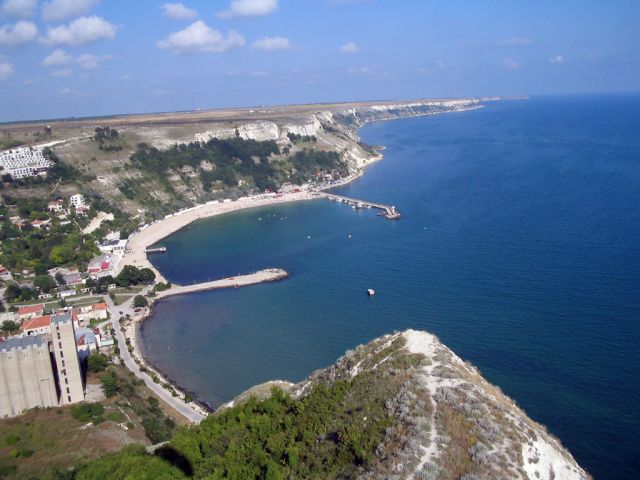A Changing Bulgaria
- on 09.03.08
- Bulgaria property news and articles
- No Comments
Bulgaria has gone through a great transition since the end of Communism in 1989, known locally as ‘the Changes’. Since ‘the Changes’, people in the new democratic society have been debating what from the past they should retain, and what they should discard. Many of ‘the Changes’ were conditional for EU accession. They included a move from a state-run economy to one that respects free trade and private enterprise. Most sections of the population have embraced the change, and there is a new ‘get up and go’ feeling among the young, who are keen to make the most of new opportunities. However, many of these opportunities are perceived as being located abroad, either in western Europe or the United States. As such, Bulgaria has lost about one million of its small eight million population in the last 10 years, and it’s mainly the young and mobile who move overseas. If the same happens here as happened with emigration from Ireland, many of those who move abroad will return with capital and know-how, adding to the dynamic economy and bringing new ideas and investment. The larger cities of Sofia, Varna and Plovdiv are also magnets for those seeking work, and generally there is a trend towards population shift from rural areas into towns and cities. This is creating a steady supply of empty farmhouses and village properties, which attract many of the British buyers.

At the same time the country has been modernising at an incredible rate. Old-style Communist shops and cafes have been swept away, to be replaced by modern bars, restaurants and shopping malls-often with international investment – which would not be out of place in London or Munich. Private schools and brand-new hospitals now operate alongside older and somewhat dilapidated state ones. Cinemas, theme parks and shopping malls have sprung up outside most major towns.
As one of the fastest-growing economies in Europe, Bulgaria has done a lot of catching up afteryears of underinvestment.
As well as private investment, the EU has been investing millions of euros in new infrastructure. Roads, airports, bus services and railways have all seen major improvements, and these will continue in the coming years. A major expansion of Sofia airport is now able to accommodate the increasing flow of air passengers. New airport terminals are being built at the two Black Sea airports of Varna and Bourgas. New motorways are currently being constructed to improve links with the country’s EU neighbours, Greece and Romania. A second Danube Bridge (the first new one for over 50 years) is being built with EU funds, which will improve access to the whole of northern Bulgaria.
Of course Bulgaria still has its problem areas. A small number of former state officials made large amounts of money immediately after Communism.
Sometimes this involved obtaining state assets for knockdown prices and either continuing to run them as private companies or selling them at market value – and making vast instant profits. Similarly, former police and security staff moved easily into organised crime, based around drugs, gambling and human trafficking. This modern mafia can be highly visible as they pass through city centres in brand new Mercedes with darkened windows, the occupants often dressed in black with shaven heads and ‘thick necks’ (the local nickname for these types of criminals). Despite the country’s exaggerated reputation for violence and murder, however, the innocent bystander is left well alone. Violence is almost exclusively inter-turf war. It is best therefore to avoid setting up businesses such as bingo halls and brothels which might attract attention from the local mafia.
Years of Communism have also left a section of the population that is too old or unable to adapt. Some pensioners live on tiny pensions of less than Β£50 a month. Bewildered by ‘the Changes’, they live simple lives in their apartments or village houses, a world away from the flashy new world of Sofia or the Black Sea hotels and resorts. The strength of the Bulgarian family has been a major support for the elderly during the period of transition. Also, crime against the person, and the mindless street violence prevalent in some of the UK’s towns and cities, is virtually non-existent in Bulgaria. Indeed, given the levels of poverty, unemployment and political unrest in the 1990s, it is a tribute to the strength of the society, and something that Britain politicians can only envy compared to our crime-ridden estates.
Since Bulgaria became a member of the European Union on 1st January 2007, the bright economic outlook seems set to continue. For EU citizens this means that it is becoming easier to find work or to set up a business if you plan to move permanently.
Leave a Reply
You must be logged in to post a comment.